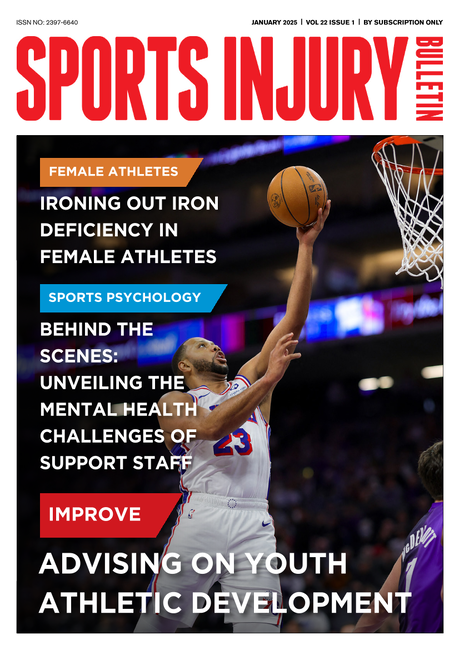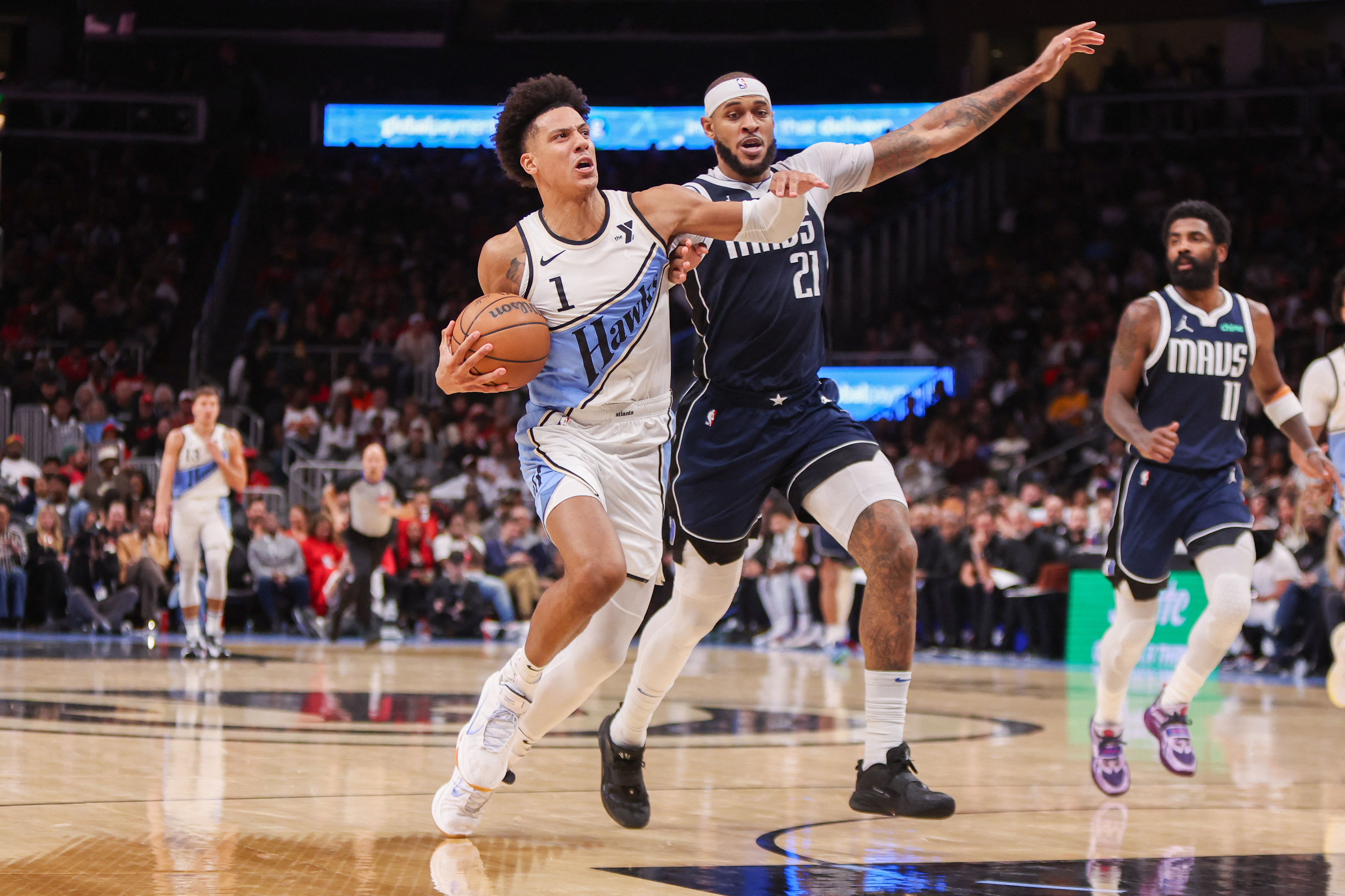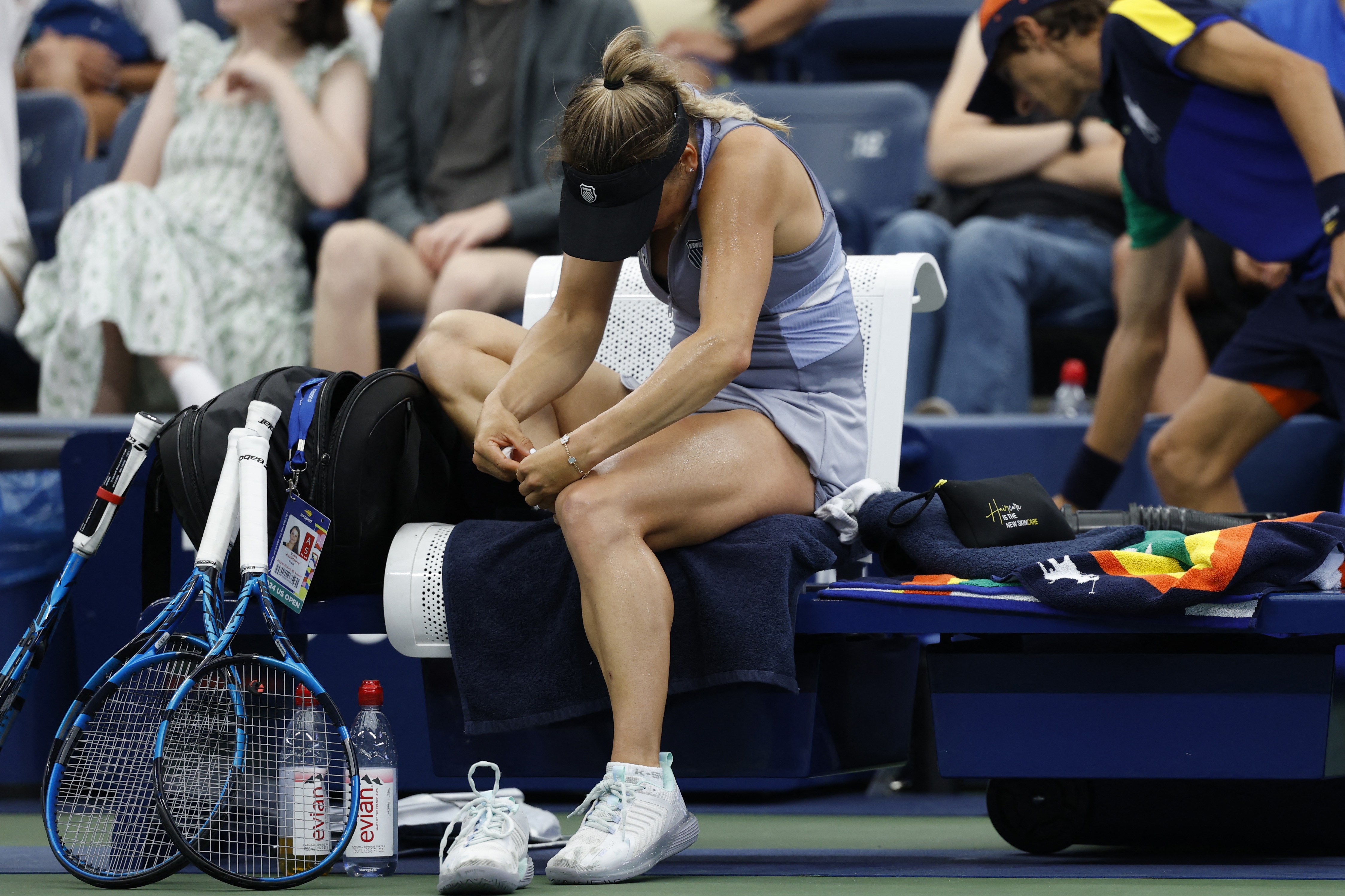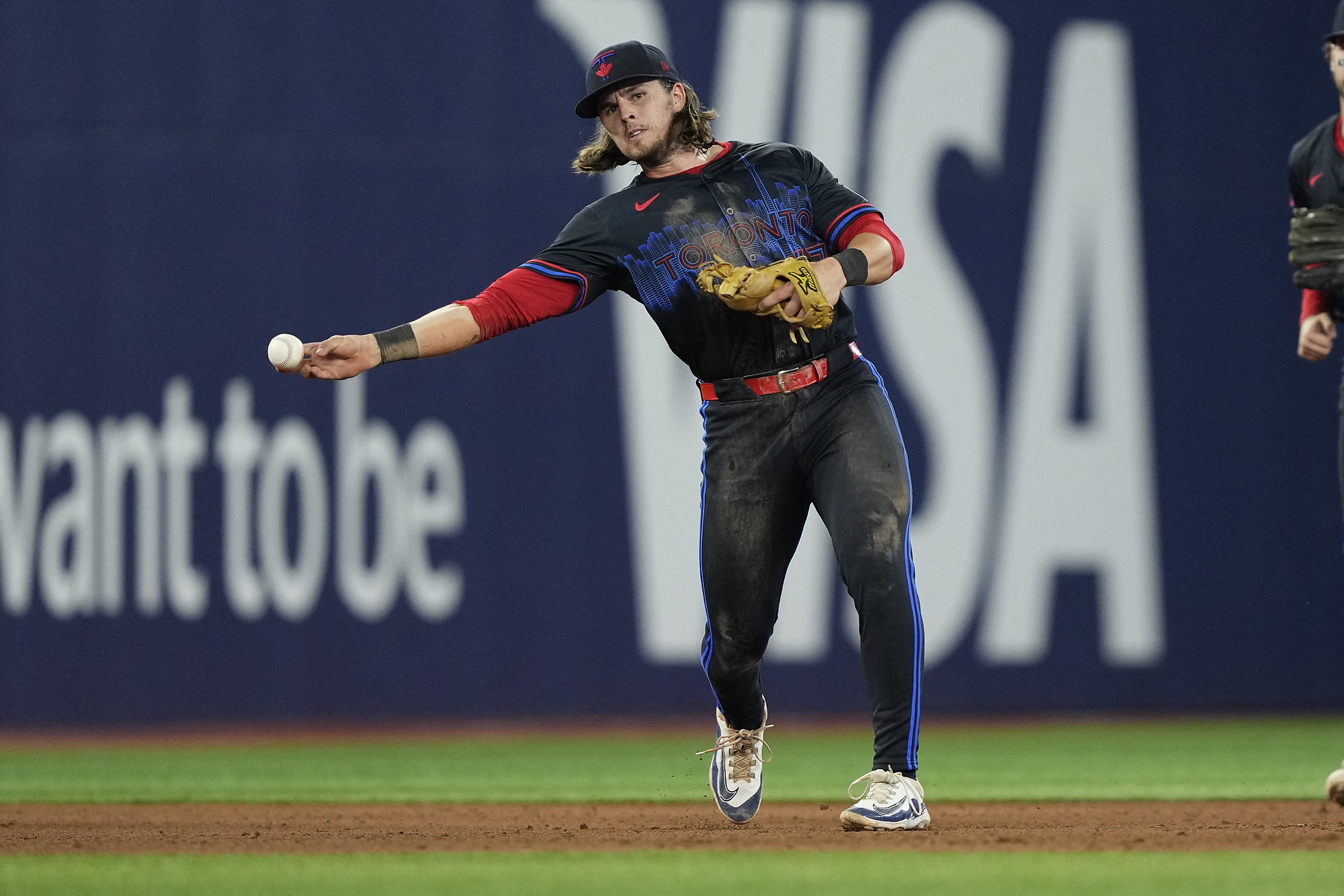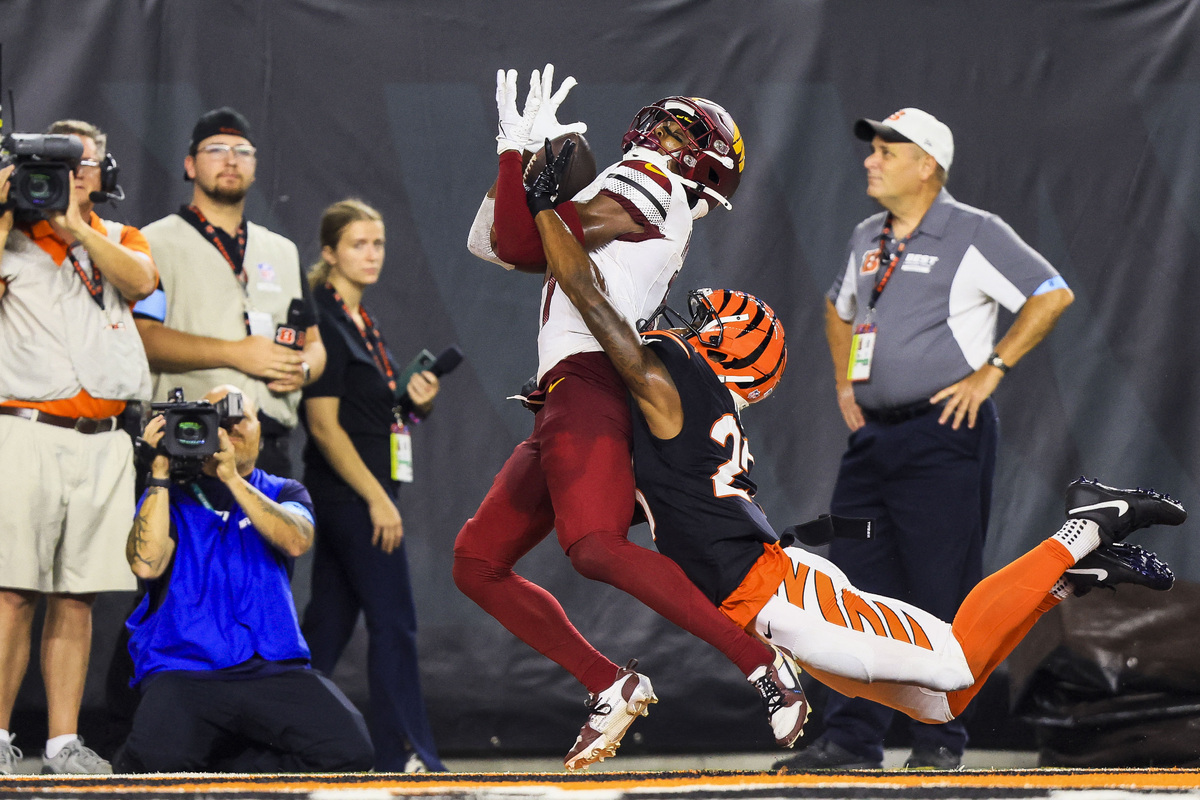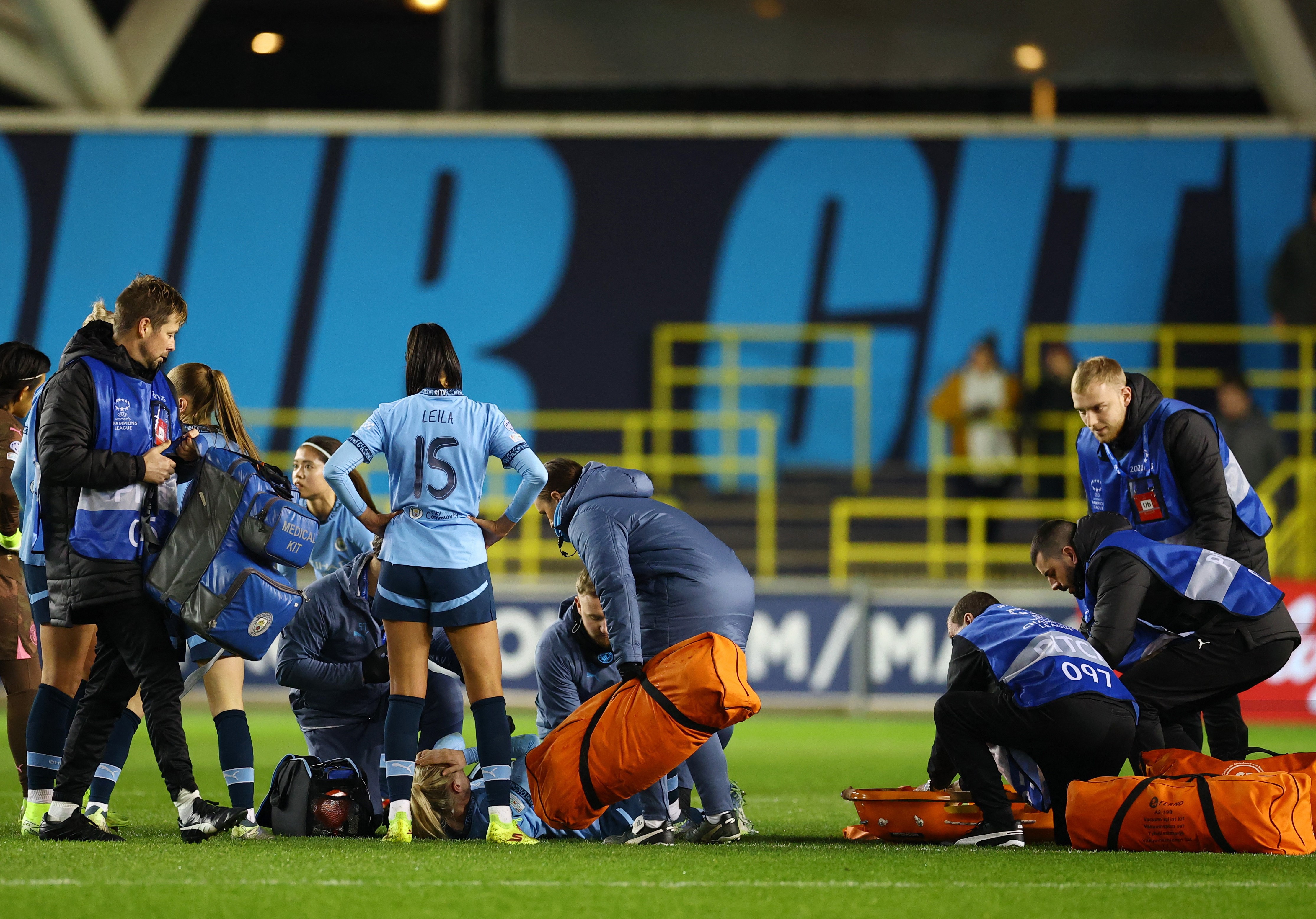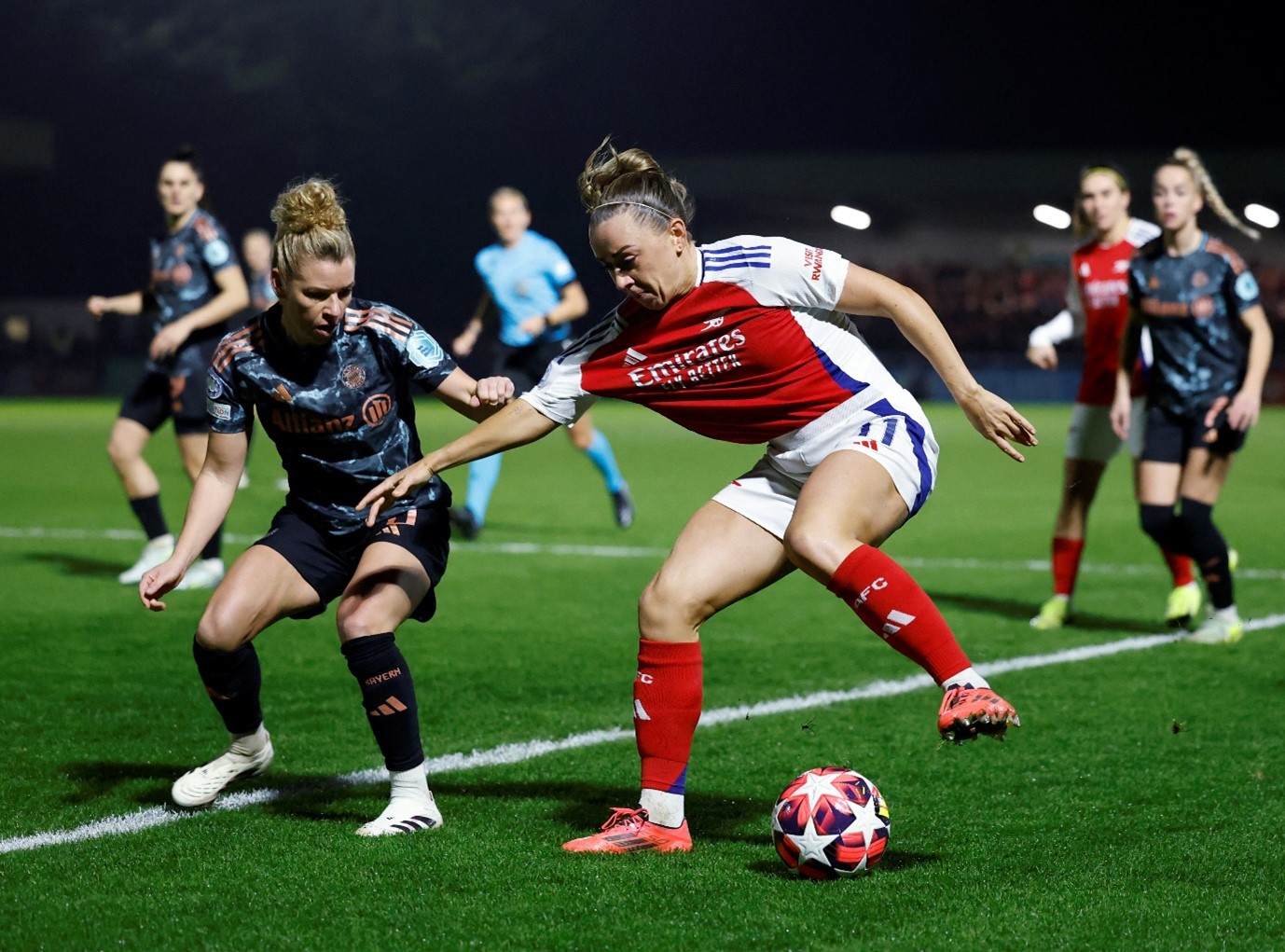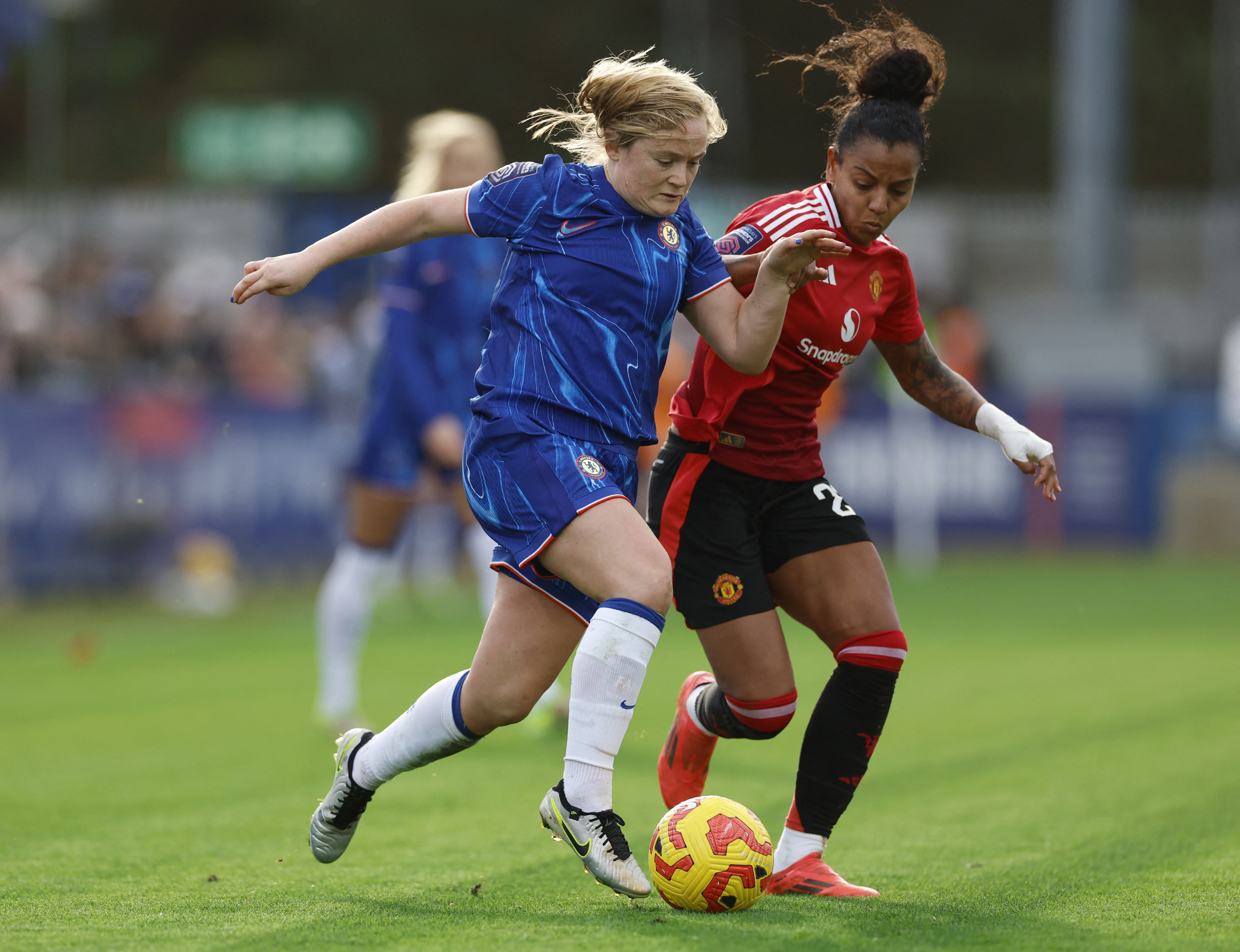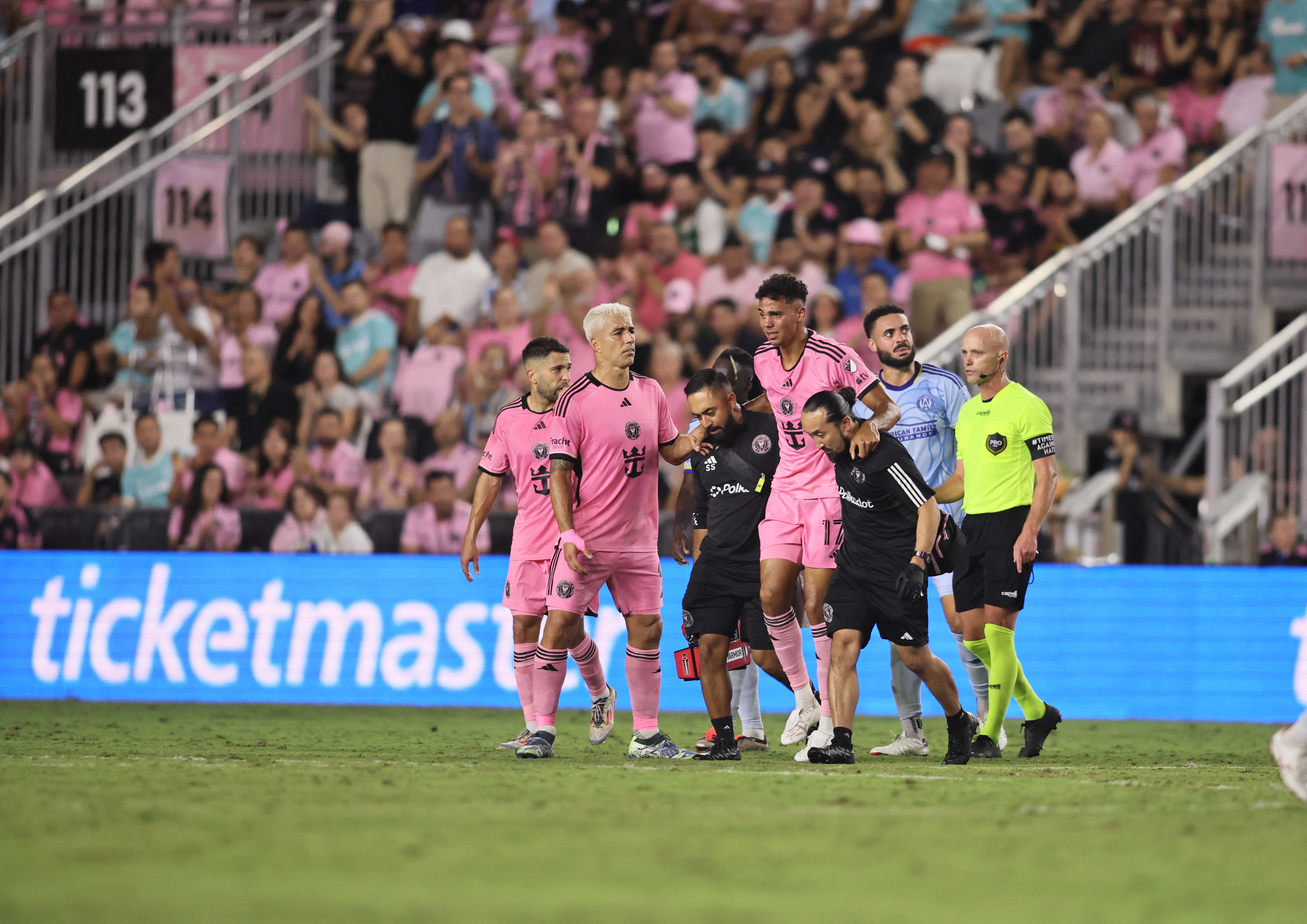You are viewing 1 of your 1 free articles
Shifting the spotlight: mental health of injured athletes

Sports injury is recognized as a significant risk factor for psychological distress and increases the risk of mental ill-health. While the physical effects of injury are widely known, the psychological effects are less frequently discussed and supported despite its effects across athletes of all levels. Mental health affects rehabilitation outcomes and recovery. Clinicians need to understand the challenges of managing mental health within physical rehabilitation. While the spotlight remains transfixed on the injured athlete, it is essential to acknowledge and implement support for general and athlete-specific mental ill-health factors. For example, early on, clinicians can introduce coping strategies within an athletic program as a preventative measure for poor mental health functioning.
Additionally, clinicians can adjust the training demands and coaching styles to support athletes’ well-being and mental health needs as they recover from injury. In recognizing these modifiable environmental and cultural factors, we must also consider the roles and responsibilities clinicians have in minimizing the negative impacts of the sporting environment on injured athletes’ mental. In doing so, we shift the spotlight to the clinicians and support teams around the injured athlete.
Injury impact: Injury on mental health
Psychological responses following injury may include negative emotions, mood disturbances, fear of re-injury, failure-based depression, devastation, reduced confidence, and restlessness(1). These psychological responses can impact an athlete’s mental health and recovery. When athletes initially sustain an injury, they may be susceptible to negative emotions of sadness, denial, anger, frustration, and depression. If athletes do not resolve these emotional reactions, they may become problematic and more severe over time(2). Clinicians must understand that these emotional reactions accompany injuries and are part of the psychological processing for athletes during the initial onset of injury and throughout rehabilitation.Injuries can profoundly impact an athlete’s quality of life beyond physical functionality. This places them at risk of developing mental health conditions such as anxiety, depression, and post-traumatic stress disorder (PTSD)(1). For example, athletes who sustain one or more severe joint injuries during their career are three to four times more likely to report distress than those who have not suffered from severe joint injuries. The prolonged levels of distress may lead to anxiety or depression(3). Furthermore, depression post-injury is a predictor of recovery, and identifying and managing depression is paramount during rehabilitation(4). Finally, traumatic injuries may induce a trauma-related response and predispose athletes to PTSD. Athletes facing PTSD may experience inconsistencies in rehabilitation performance, increased somatic complaints, and avoidance symptoms. Importantly, these may persist beyond physical recovery and RTS(5,6).
Injury Impact: Mental health on injury
It is important to acknowledge that mental health is on a continuum that constantly moves between a range of mental well-being and illness. Athletes at any time may find themselves at either end of the continuum, which may shift as their situation either deteriorates or improves (see figure 1). Outside the sporting context, general risk factors may impact athletes’ mental health, such as general life events, daily stressors, relationship difficulties, financial worries, lack of social support, and reduced or impaired sleep(7). These risk factors may impact an athlete’s mental health symptoms, affecting performance and injury susceptibility. Furthermore, mental health challenges that affect an individual’s susceptibility to injury may also have a compounding effect on rehabilitation and recovery outcomes.Figure 1: Mental health continuum model

Stressful situations elicit the stress response, which dictates an athlete’s behavior (8). An athlete’s personality, history of previous stressors, and available coping resources will dictate their response to injury. When faced with a stressful situation, an individual will cognitively appraise it, which influences their physiological or attentional changes. When this happens, an individual responds to stress. Therefore, stress is a predictor of injury, and clinicians should introduce effective coping mechanisms and strategies to manage sport-specific and general life stressors for athletes as a preventative strategy to reduce susceptibility to injury.
Too often, athletes and clinicians accept injury as part of sports. While this may be unavoidable, when an athlete sustains an injury, the cause is often attributed to the physical components with little consideration of the mental health components. Likewise, clinicians typically consider an athlete’s training and competition load with little consideration for the mental health load. Considering the mental health load of athletes and how it may have impacted injury will help determine support programs during rehabilitation that alleviate psychological stressors. In doing so, injured athletes are more likely to adhere to their rehabilitation program and have positive RTS outcomes.
Clinicians’ roles and responsibilities
Clinicians minimize the negative impacts of the sports environment on mental health symptoms and disorders for injured athletes in several ways (see figure 2). Situating clinicians as the microsystem for athlete mental health enables an understanding of the roles and responsibilities. Firstly, clinicians may be able to support athletes’ development of self-management skills to manage psychological distress when injured. Secondly, clinicians may enhance their knowledge and awareness of mental health and ill-health to better recognize and respond to concerns. Finally, clinicians may establish multidisciplinary approaches to support athletes throughout their injury rehabilitation journeys when managing complex mental disorders or challenges.Figure 2: An ecological systems model for elite athlete mental health(7)
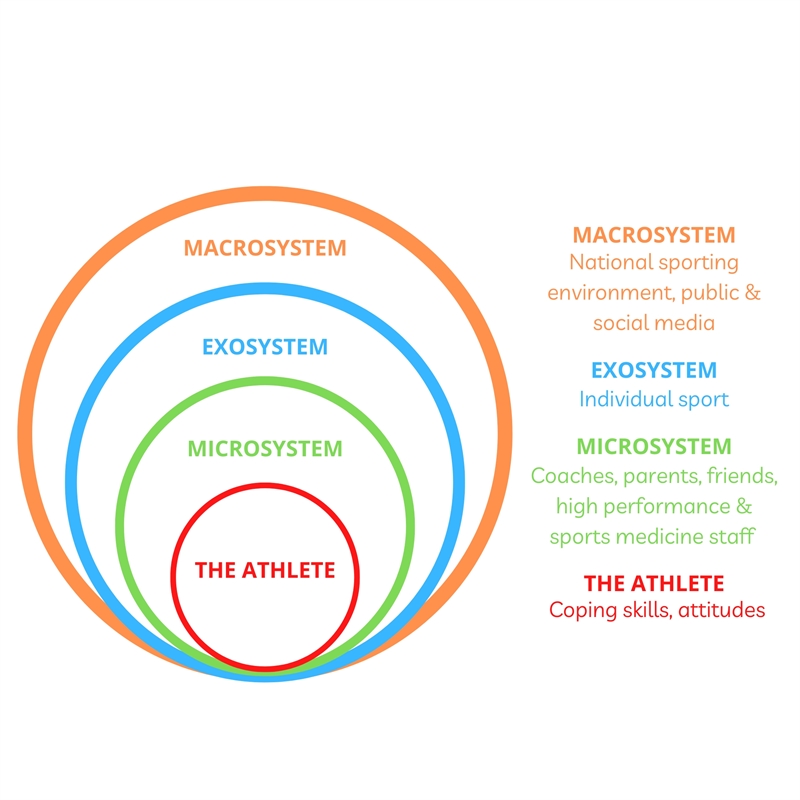
-
Helping athletes to develop self-management skills
A critical recommendation to minimize the negative impacts of the sporting environment on mental health symptoms for injured athletes is to enhance their mental health literacy. Clinicians can help them develop self-management skills to manage psychological distress. Mental health literacy programs offer athletes, coaches, and families an opportunity to build their ability to identify symptoms while also encouraging help-seeking. Furthermore, the literacy programs may involve a series of workshops facilitated by mental health professionals and may be offered before an injury to prevent issues. Individually tailored programs focusing on managing lifestyle factors, sports, and competitive environments may be hugely beneficial throughout an athlete’s sporting journey (7). This may include psychoeducation on developing non-athletic identities, dealing with setbacks, or emotional regulation skills to help athletes manage their emotions throughout injury rehabilitation and in RTS.
-
Better recognize and respond to concerns
To broaden the focus beyond the individual, clinicians need to consider the psychologically informed environments to identify injured athletes’ risk factors, mental distress, or mental health concerns(9). In doing so, clinicians play an important role in determining athletes at-risk and injured athletes who may require further support. Furthermore, clinicians may facilitate mental health screening as they improve their recognition and response. Physical screening is standard in sports settings, and mental health screening would establish commonalities amongst injured athletes and raise awareness. The screening results would enable tailored support programs and early interventions(10). In raising awareness and increasing psychologically informed environments, clinicians may increase conversations about mental health. Doing so would play a significant role in recognizing and responding to psychological distress and understanding what support provisions are required.
-
Highlighting the need for specialist multidisciplinary teams
The care of injured athletes requires skilled mental health professionals or specialist multidisciplinary teams. By determining a specialist team, clinicians may contribute to negating the negative impact of the sporting environment and instead facilitate the development and introduction of support structures for primary, secondary, and tertiary prevention. Working with psychologists or mental health practitioners may offer comprehensive support, and clinicians may work closely with other practitioners to identify mental health concerns when an athlete is injured. Having identified injury as a potential risk factor for mental health challenges and having increased awareness of how poor mental health functioning may influence or impact injury susceptibility, it is vital to encompass both the physical and mental components throughout rehabilitation. A multidisciplinary approach to supporting athletes is critical to their physical recovery and mental health.
Conclusion
Injured athletes may be susceptible to mental health challenges throughout their recovery, and poor mental health leads to increased injury risk. Therefore, identifying the psychological responses to injury and mental health conditions, such as anxiety, depression, and PTSD, may help clinicians better support athletes’ rehabilitation and RTS outcomes. Furthermore, a multidisciplinary approach requires collective attention to gain parity with physical health. Clinicians can shift the spotlight from the individual athlete towards a collective approach to recognizing and better responding to mental health concerns. Finally, clinicians can help athletes develop self-management skills to cope with psychological distress while working towards integrating specialist multidisciplinary teams.References
- Br J of Sports Med. 2019, 53 (12), 779-784.
- Brain injury. 2010, 24 (4), 589-597.
- J of Sport Rehabil. 1998, 7(3), 206-220.
- Social Psych & Psych Epid, 52 (7), 855-866.
- J of Clin Sport Psych. 2007, 1 (1), 68-88.
- American Psych. 1993, 48 (6), 665.
- Sports med-open. 2019, 5 (1), 1-8.
- J of App Sport Psych. 1998, 10(1), 5-25.
- I Review of Sport and Ex Psych. 2021, 14 (1), 51-73.
- British Journal of Sports Med. 2019, 53 (11), 667-699.
Related Files
Newsletter Sign Up
Subscriber Testimonials
Dr. Alexandra Fandetti-Robin, Back & Body Chiropractic
Elspeth Cowell MSCh DpodM SRCh HCPC reg
William Hunter, Nuffield Health
Newsletter Sign Up
Coaches Testimonials
Dr. Alexandra Fandetti-Robin, Back & Body Chiropractic
Elspeth Cowell MSCh DpodM SRCh HCPC reg
William Hunter, Nuffield Health
Be at the leading edge of sports injury management
Our international team of qualified experts (see above) spend hours poring over scores of technical journals and medical papers that even the most interested professionals don't have time to read.
For 17 years, we've helped hard-working physiotherapists and sports professionals like you, overwhelmed by the vast amount of new research, bring science to their treatment. Sports Injury Bulletin is the ideal resource for practitioners too busy to cull through all the monthly journals to find meaningful and applicable studies.
*includes 3 coaching manuals
Get Inspired
All the latest techniques and approaches
Sports Injury Bulletin brings together a worldwide panel of experts – including physiotherapists, doctors, researchers and sports scientists. Together we deliver everything you need to help your clients avoid – or recover as quickly as possible from – injuries.
We strip away the scientific jargon and deliver you easy-to-follow training exercises, nutrition tips, psychological strategies and recovery programmes and exercises in plain English.


